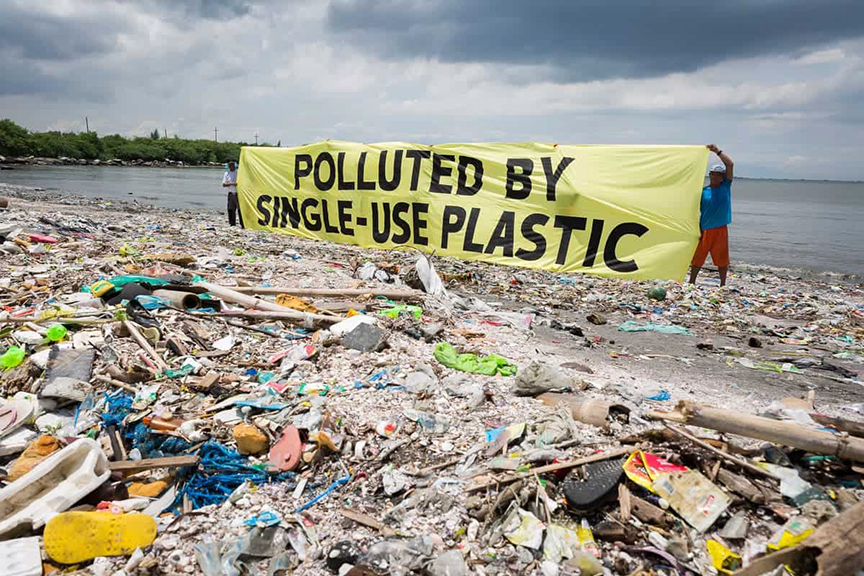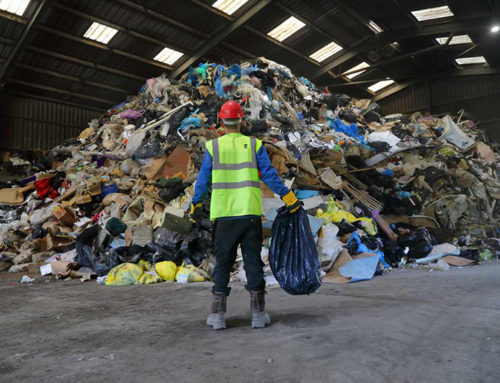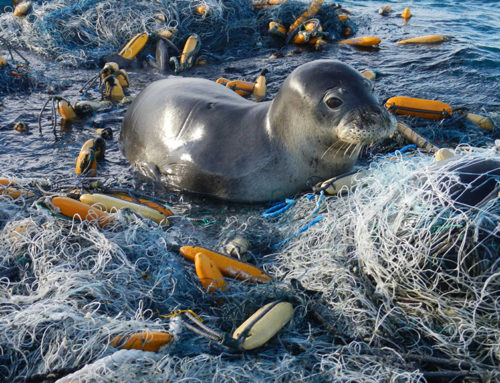In the United States, the lack of effective oversight on imported single-use inkjet printer cartridges has given rise to a concerning situation. The proliferation of cloned ink and toner products flooding the U.S. market through online platforms like Amazon and eBay has led to a significant depreciation in the value of many used original equipment manufacturer (OEM) cartridges that were once actively recycled. This surge in inexpensive alternatives is leaving consumers uninformed about these developments.
The inkjet cartridge industry, once a relatively clean and self-sustaining sector, has encountered renewed challenges, impacting us all. While the United States lacks robust regulations on imported inkjet printer cartridges, these clones, often sold at lower prices, have caused a ripple effect. They not only undermine the value of previously recycled OEM cartridges but also obscure consumers’ understanding of the situation.
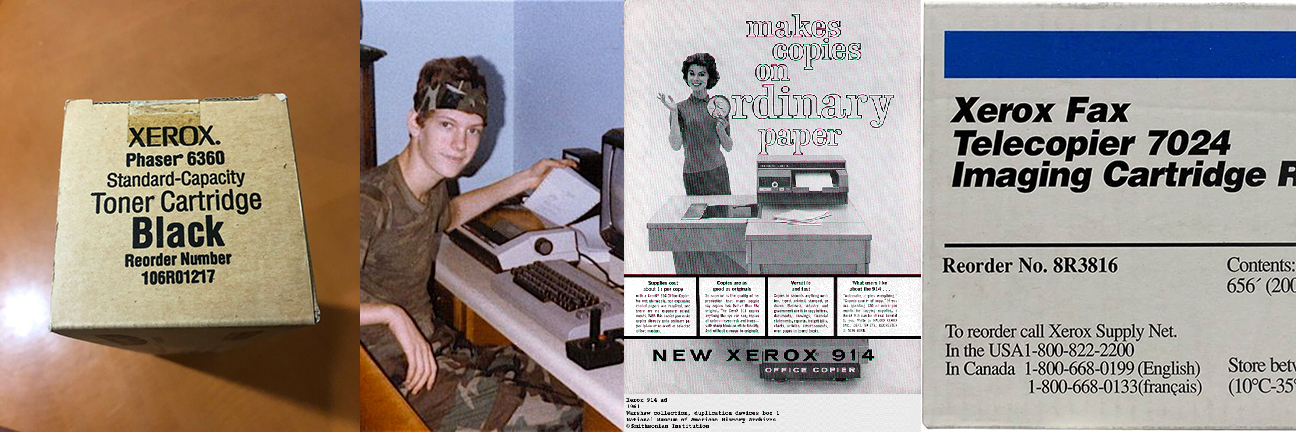
The journey of the inkjet printer traces back to its invention in 1976, gaining household prominence in 1988 with the release of HP’s DeskJet printer. Companies such as Canon, Epson, Lexmark, and Brother followed suit, introducing affordable printers for homes and offices. This multibillion-dollar industry thrived on the sale of consumable printer cartridges, resulting in a staggering 1.6 billion printer cartridges sold annually.
Regrettably, the triumph of desktop printers brought with it an environmental challenge. Ink and toner cartridges introduced a significant plastic waste problem, leading to substantial accumulations in landfills. The decomposition of a single cartridge could take up to 1,000 years, leaching toxins into the surrounding soil and groundwater.
This issue spurred the emergence of the ink and toner remanufacturing sector, establishing a new circular economy that promised sustainability. Cartridges once destined for disposal could now be recycled and repurposed at a lower cost for consumers. Notably, used printer cartridges held value, prompting retailers like Staples, Office Depot, and Best Buy to initiate ink recycling programs that simultaneously boosted their sales of higher-priced OEM inks.
The landscape saw the emergence of ink resellers, including the likes of Cartridge World, offering refills and remanufactured inks at competitive prices compared to OEM cartridges. This thriving circular economy not only curtailed plastic waste but also breathed new life into the market and initiated jobs.
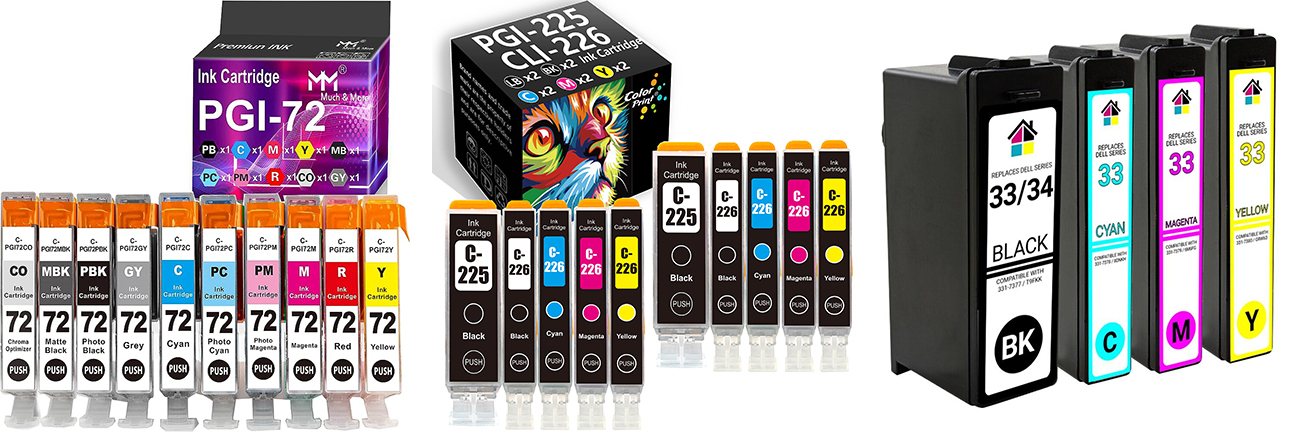
However, the early 2000s marked the introduction of ‘clone’ or generic printer cartridges, single-use ink cartridges from overseas manufacturers. These clones, essentially low-cost replicas of OEM cartridges, triggered legal battles over patent and trademark violations. Despite legal actions, the influx of these cartridges into the U.S. market persisted with Amazon becoming the gateway for China to reach US consumers with ease.
Overseas manufacturers began marketing their printer cartridges as compatible, remanufactured, or generic, employing cheaper, substandard materials with minimal quality control. As of June 2021, reports from RT News revealed that the Netherlands intended to ban printer cartridges from China due to hazardous substances found within the products.
These overseas-compatible printer cartridges are primarily single-use plastics, unfeasible for remanufacturing or refilling. Unlike OEM cartridges, there are no standardized regulations for compatible generic cartridges. The financial impracticality of remanufacturing multiple versions of cartridges or competing on price against the low-cost production from overseas facilities threatens the viability of this economic realm.
The once-thriving circular economy that played a vital role in preventing plastics from entering landfills now faces the risk of extinction. The United States is confronting another printer cartridge waste crisis, driven by the influx of overseas compatible printer cartridges flooding the market and subsequently entering landfills, contributing to a mounting environmental concern.
In this complex landscape, the path forward lies in embracing responsible choices that fortify both our environment and economy. By actively participating in the recycling of inkjet cartridges and opting for remanufactured OEM ink cartridges, we contribute to a thriving circular economy. This approach not only prolongs the life of valuable materials but also significantly curbs the influx of disposable plastics from overseas manufacturers into our American landfills. Through conscious decisions to recycle and support recycled products, we collectively exert a positive influence that redirects the course of this narrative. We stand at a pivotal juncture where our actions can reverberate across industries and transcend boundaries, leading us towards a future where sustainability and resourcefulness reign supreme.

